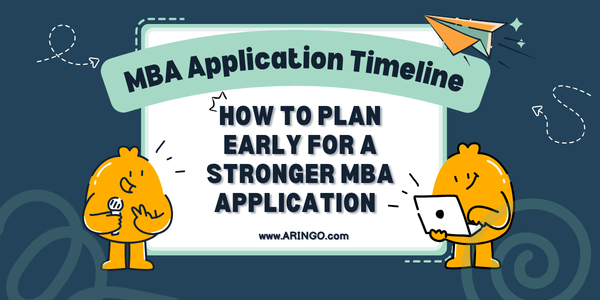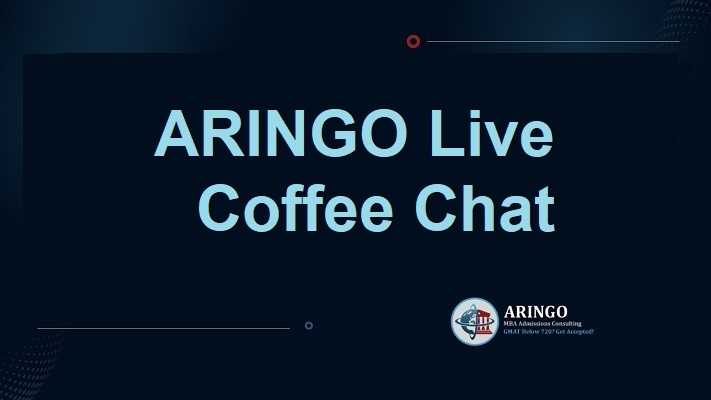For aspiring leaders aiming for the pinnacle of business education, the Wharton MBA program at the University of Pennsylvania consistently ranks among the most coveted M7 top business schools. Known for its rigorous analytical approach, diverse global community, and unparalleled career opportunities, securing a spot in this elite program requires a meticulously crafted application, especially when it comes to the MBA essays.
As MBA applications for the 2025-2026 cycle open, it’s crucial to understand the nuances of Wharton’s essay prompts. This year brings a subtle yet significant shift, emphasizing focused, high-impact insights into your goals and contributions.
A Glimpse into the Wharton MBA Experience
The Wharton MBA is a transformative 20-month program designed to cultivate leaders who will drive global change. With a strong emphasis on finance, entrepreneurship, and technology, Wharton boasts an impressive alumni network, including industry titans like Sundar Pichai (CEO of Alphabet Inc.), Peter Lynch (legendary investor), and John Sculley (former CEO of Apple). The program offers 21 majors, allowing for deep specialization, and its flexible core curriculum ensures a strong foundation in all key business disciplines. With an average GMAT score of 728 and a 3.6 GPA for the Class of 2025, Wharton attracts highly talented and ambitious individuals from diverse backgrounds.
Wharton MBA Application Deadlines 2025-2026
Planning your application strategy around deadlines is paramount. Here are the key dates for the upcoming cycle:
- Round 1: Application Due: September 3, 2025 | Decision Released: December 10, 2025
- Round 2: Application Due: January 6, 2026 | Decision Released: March 31, 2026
- Round 3: Application Due: April 1, 2026 | Decision Released: May 12, 2026
- Deferred Admissions Round: Application Due: April 22, 2026 | Decision Released: July 1, 2026
Pro-Tip for International Applicants and Reapplicants: Wharton strongly encourages applying in Round 1 or 2, as space becomes more limited in Round 3.
Wharton MBA Application Essays 2025-2026
This year, Wharton has re-tuned its essay structure. Previously, applicants faced a longer “why Wharton” essay. The 2025-2026 cycle introduces two distinct short-answer questions for career goals and a refreshed community contribution essay. This change underscores Wharton’s desire for concise, impactful responses.
Short Answer 1: What is your immediate post-MBA professional goal? [textbox, 50 words]
Changes from last year: This is a new, highly concise prompt, replacing part of the former longer career goals essay.
Tips: Be incredibly specific. Think job title, function, industry, and even target companies if you have them. There’s no room for vague aspirations. Wharton wants to see clarity and intentionality. For example, instead of “I want to work in finance,” aim for “Post-MBA, I aim to be an Investment Banking Associate in the Technology sector at a bulge bracket firm in New York City.”
Short Answer 2: What are your career goals for the first three to five years after completing your MBA, and how will those build towards your long-term professional goals? [textbox, 150 words]
Changes from last year: This also condenses elements of the previous career goals essay, demanding a more direct and logical progression.
Tips: Show a clear, logical trajectory. How does your immediate goal connect to your medium-term (3-5 years) and then to your overarching long-term vision? Briefly touch upon the “why” behind these goals, perhaps referencing past experiences that have shaped your ambitions. This isn’t a resume recitation, but rather a narrative of your professional evolution.
Essay: Taking into consideration your background – personal, professional, and/or academic – how do you plan to add meaningful value to the Wharton community? [textbox, 350 words]
Changes from last year: The wording has shifted slightly from “make meaningful contributions” to “add meaningful value.” While subtle, it reinforces the idea of being a proactive “giver” to the community.
Tips: This is your chance to showcase your unique personality and how you will enrich the Wharton experience for others. Think beyond your professional achievements. What unique personal experiences, skills, perspectives, or passions will you bring to the classroom, clubs, and informal interactions? Research specific clubs, initiatives, and programs at Wharton and explicitly state how you will contribute to them. For instance, if you have a unique background in sustainable finance, how will you contribute to Wharton’s ESG-focused clubs or discussions? Authenticity and specificity are key here.
ADDITIONAL INFORMATION: Please use this space to share any additional information about yourself that cannot be found elsewhere in your application. This space should be used to clarify information provided in the application or address extenuating circumstances (e.g., unexplained gaps or inconsistent performance in academic career, choice of recommenders, areas of weakness, etc.) that you would like the Admissions Committee to consider. Please note that this section is not intended to be an additional essay. [textbox, 500 words]
Tips: Use this section judiciously. It’s for addressing weaknesses or providing context, not for adding another essay about your accomplishments. If you have an unexplained gap in your work history or a dip in academic performance, this is the place to briefly explain.
REAPPLICANT ESSAY: Please use this space to share with the Admissions Committee how you have reflected and grown since your previous application and discuss any relevant updates to your candidacy (e.g., changes in your professional life, additional coursework, and extracurricular/volunteer engagements). (250 words)
Tips: If you’re a reapplicant, this essay is critical. Demonstrate genuine introspection and show how you’ve actively worked on strengthening your profile. Highlight concrete improvements in your professional roles, new skills, or extracurricular involvement.
Your Wharton Journey Starts Here
The Wharton MBA is a highly competitive program, and your MBA essays are a critical component of showcasing your candidacy. By understanding the nuances of the 2025-2026 prompts and applying these strategic tips, you can craft compelling narratives that resonate with the admissions committee.
Don’t leave your MBA applications to chance. For a personalized approach and expert guidance on your Wharton MBA essays and overall application strategy, contact ARINGO MBA Admissions Consulting for a free profile evaluation today. Let us help you navigate the competitive landscape of top business schools and achieve your dream of joining a leading MBA program.





